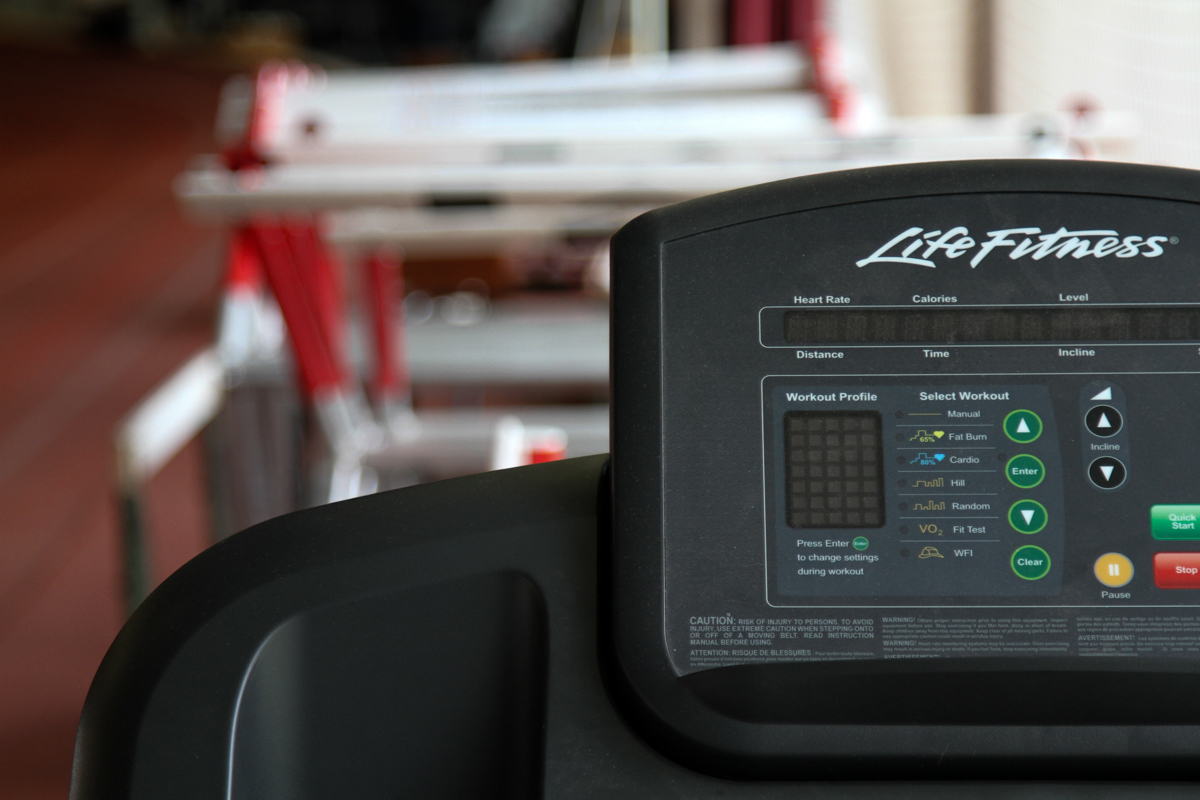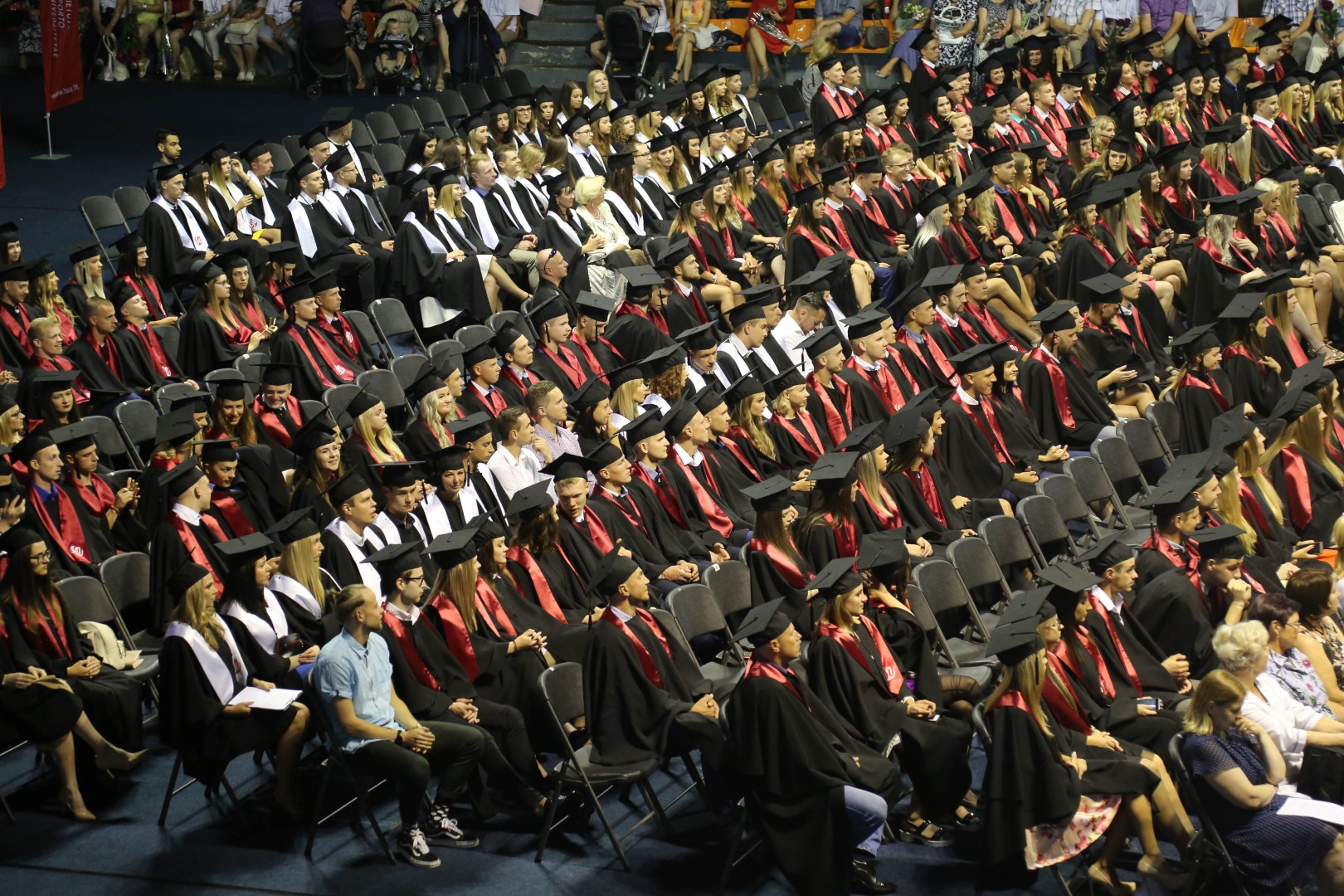Prof. A. Skurvydas: “ Aerobic activity fosters reasoning“
There has been a lively interest by media in the new book by Prof. Albertas Skurvydas “Modern Neurorehabilitation: motor control and learning“. Here is the interview with the professor.
To begin with,being Rector of the Academy and the author of the book about health, how do you try to stay healthy yourself?
I am not a traditional health-conscious person but I like doing sports. Once a week I usually play football. Football can help control movements, it evokes emotions, gives a reward if you are lucky to score a goal. I also like jogging once a week.
I am fond of reading original texts in Philosophy or Physiology. If , due to some circumstances, I can‘t read several articles, I feel that I miss something. Getting to know something new energises me. I like science itself – it‘s like a cup of good coffee, a kind of reward for me.
Where is your interest in nerve-cells from? For most people they are incomprehensible structures…
I have always been attracted by what is difficult to comprehend. It‘s typical to every student. When I was a student I got interested in motor control.
To research how muscles work is quite a simple work but how are millions of different movements controlled?
25 years ago books of a famous Russian researcher, unacknowledged for his original ideas, Nikolai Bernstein, came to hand. They were translated into English and were in great request then. He is one of the founders of motor control. Bernstein showed that most movements, like hitting a chisel with a hammer for several times, could be done in different ways, which means that human brain solves the same problem differently. These ideas seemed exciting to me. At that time literature sources as well as equipment were not so easily available and not much research could be performed. But I had the freedom of reading and deepening my knowledge.
Human mind, emotions, social environment, intuition – these are the things that I have always been interested in. Science in these areas is developing very fast today.
How did you come to the decision to write a book?
5 or 7 years ago giving lectures to physiotherapy students I got interested in how to regenerate nervous system with the help of movements, i.e. how to regenerate neurons, nerve-cells, neural networks. I started analysing literature sources, observe patients after strokes or other disorders of nervous system. Various technologies have been applied in the world: starting with robots and finishing with motor constraining technologies. For example, if neurons are affected, they must be activised in order to be regenerated. If they do not work, they will not recover. Other neurons will substitute them. Much fundamental research was performed five years ago with animals. It showed that brain is very plastic. In order to stimulate it, it must be forced to work. The brain changes if the activity is challenging, rewarding, original, diverse, spontaneous and ecological, i.e. performed in a real environment. The more you are interested in something, the more you see – the more your brain is being activated. A lot of research has been done and various technologies have been applied in order to adjust them in modern neurorehabilitation.
For example, if the right hemisphere has been affected, the left one will block it or be inhibited. If, for instance, a patient‘s hand is affected, it is necessary to make it work but not to try compensate for the deficiency of its functions. The movements must be performed naturally: take a cup of coffee, try to write, make a step and be rewarded for that. Besides, actions should be diverse, changeable and spontaneous.
How can your research be useful to a healthy person? Can a human being become more intelligent if nerve-cells are strengthened?
The amount of nerve-cells is not equal to intellect. This theory has been rejected, though not finally proved.
The book may be useful to healthy people because the issue of nerve-cell strengthening is discussed there. With maturity and advancing age, the amount of nerve-cells, nerve networks and contacts decrease. All these processes may start at the age of 30-40 but later the decrease becomes stronger. Our mind should be trained so that reasoning would be acute, logic and sound.A good example may be one of Japanese learning therapies: the aged people read a text loudly or do sums for 20 minutes three times a week.
There are plenty of ways how to train the brain.
It is possible to perform various precise hand movements. Giving a reward is significant. It has been proved that if you move a hand to a target without explosion, the reward for nerve-cells is much lower than if the movement is followed by the explosion.
Is there a connection between all the above mentioned things and intelligence qoutient?
I am afraid, that there isn‘t. The research is being performed with animals – mice and rats.
There is a well-known saying that we shoudn‘t worry as much as possible as nerve-cells can not be regenerated. But most probably they can. Can‘t we trust the old saying any more?
Not all nerve-cells can be regenerated. We are speaking about neurons in the hippocampus.There are so many question marks in regard to other nerve-cells.
About 10-20 thousand neurons are synthesised in the hippocampus per day. However, they die in the nearest two days if we don‘t use our mind, don‘t reason originally or speak unimaginatively.
Knowledge has to be revised as the structures degenerate.
If you try to revise something that was forgotten for many years, for example, equations in mathematics, you may lose the knowledge forever.
Is it better not to try solve equations which I had known well at school but but I didn‘t need this knowledge for at least ten years? Is it not worth trying to learn again with your child or a younger friend ?
If you don‘t learn anything new, you‘d better not try help your child. It might be useful to you if you start learning seriously but you won‘t help much your child. The child‘s brain will stop working from the very first second you start assisting him/her.
It is much more useful to make someone take a decision. If you try to help a person the brain will stop being trained. It is better to solve one task independently than ten tasks with somebody‘s asssistance.
It‘s easy to get under the impression that accurate,meticulous activity is most useful to our mind What about aerobic, physical activity? Is it related to nerve-cells?
Some days ago I read the article about the species of mice with aerobic endurance. It has been established that the mice with higher aerobic efficience are more susceptible to cognitive functions. As synthesis of neurons in hippocampus increases due to aerobic exercises, aerobic efficiency creats a potential for reasoning.
It appears from this that physical activity stimulates reasoning. A daily fast walk for 30 minutes would be enough to keep you fit.



